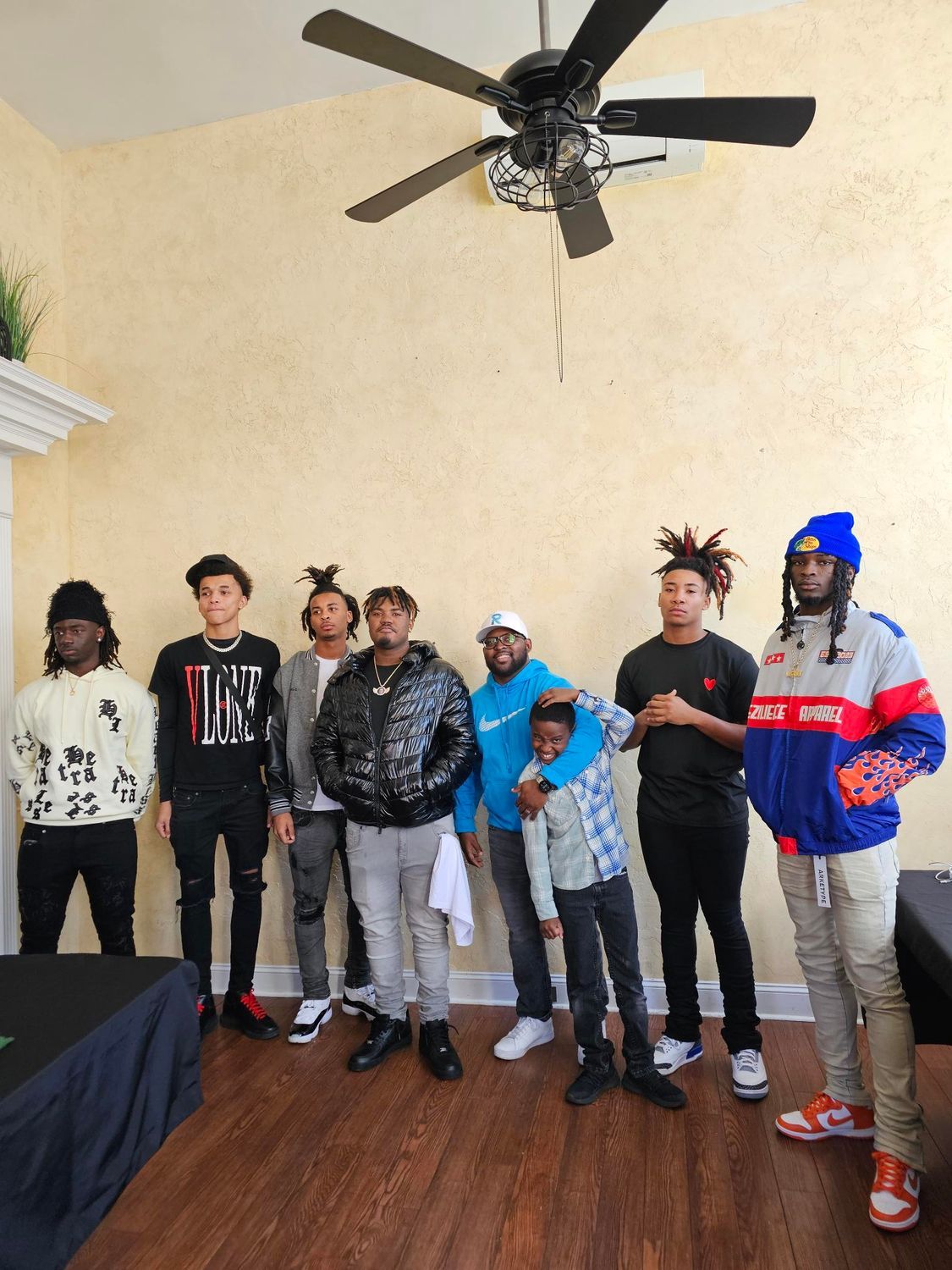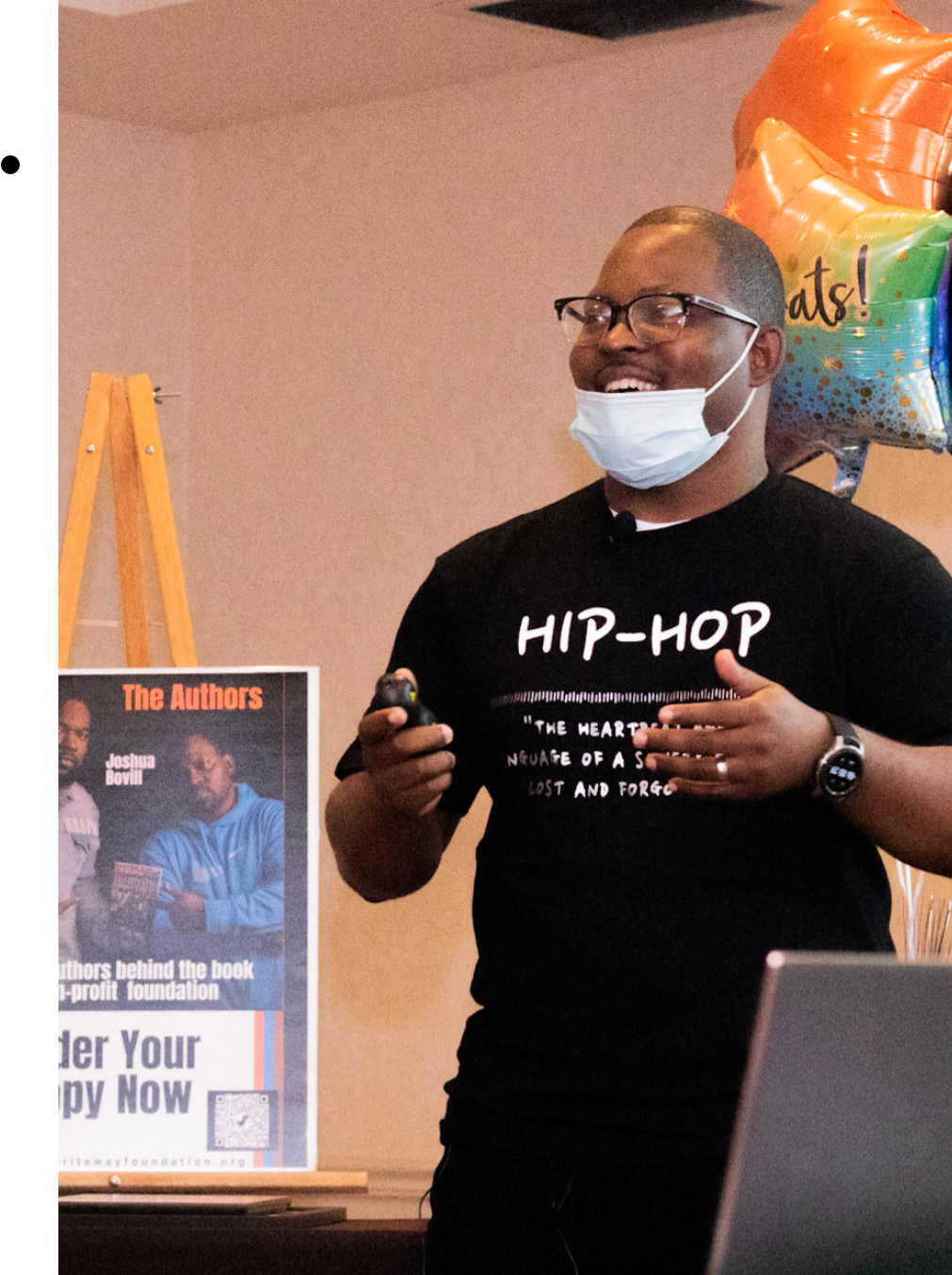Bovill's Hierarchy of Needs for Black Boys in School
A Framework to Elevate Black Boys in Every Classroom
When Abraham Maslow first introduced his Hierarchy of Needs in 1943, he transformed how we think about human motivation. His framework explained that, before individuals can achieve self-actualization, their more basic needs—such as safety and belonging—must be met. As powerful as this framework is, it was not created with the unique experiences of Black boys in mind.
Black boys face systemic barriers that often prevent them from accessing the support they need to thrive in traditional academic environments. To address these challenges, I developed Bovill’s Hierarchy of Needs for Black Boys in Schools, a framework that draws from Maslow’s model but tailors it to meet the specific social, emotional, and academic needs of Black boys.
A New Lens for Education
Bovill’s Hierarchy of Needs is more than just a spin on Maslow’s theory. It’s a lens that centers on Black boys and their distinct journeys through school. Each layer of the hierarchy reflects the real challenges that these students face and offers strategies for educators to meet their needs in a culturally responsive, meaningful way.
While Maslow’s framework addressed the universal human experience, Bovill’s Hierarchy hones in on the particular environments and expectations Black boys navigate in today’s education system. This approach ensures that educators not only understand these needs but can act upon them with practical strategies that foster academic success and personal growth.
The 4 Levels of Bovill’s Hierarchy of Needs
1. Roots of Support: Fundamental Needs
Just as Maslow highlighted physiological needs as the foundation, Bovill’s Hierarchy starts with ensuring that Black boys’ fundamental needs are met. This includes physical, emotional, and psychological safety—elements that often go overlooked in traditional school settings.
Practical Strategies:
• Implement Check-Ins: Start each day by checking in with students to assess their mental and emotional well-being. This helps identify who may need extra support.
•Resource Mapping: Provide families with a resource map that includes community services like food banks and healthcare providers. This removes barriers to accessing basic necessities.
Research Application: Hattie’s research shows the power of teacher-student relationships (effect size of 0.52). Strong, supportive relationships allow students to feel comfortable seeking help, ensuring their basic needs are met.
________________________________________
2. Circle of Community: Belonging and Connection
Black boys often struggle with feeling a sense of belonging in school environments. To help them thrive, educators must actively create spaces where Black boys feel seen, respected, and included. In this stage, the focus is on connection, both with peers and with the school community.
Practical Strategies:
•Cultural Affirmation: Incorporate culturally relevant materials in your lessons, from books to historical examples, so Black boys can see themselves reflected in the curriculum.
•Strategic PLC Discussions: In your PLC meetings, ask the question, “Who benefited and who did not?” This transparency opens conversations about how to better serve Black boys.
•Mentorship Programs: Connect students with mentors who share similar backgrounds and have navigated comparable challenges.
Research Application: Collective teacher efficacy, which Hattie ranks with an effect size of 1.57, is critical in building an inclusive community where Black boys feel valued. When teachers believe they can make a difference, they are more likely to create environments that foster connection and belonging.
________________________________________
3. Tower of Validation: Esteem and Recognition
Maslow’s fourth tier focuses on esteem, which is equally essential in Bovill’s framework. Black boys need to feel validated and recognized for their efforts and talents, not just for meeting predefined academic standards but for their unique strengths.
Practical Strategies:
• Strength-Based Feedback: Provide frequent positive feedback that focuses on what students are doing well. Highlight their strengths in ways that bolster their confidence.
• Recognition Systems: Implement systems that recognize students for perseverance, growth, and character—focusing on effort rather than just outcomes. Be sure to focus your validation beyond the scope of athletics.
Research Application: Effective feedback (with an effect size of 0.70, according to Hattie) is one of the most powerful ways to boost self-esteem. By giving students meaningful, tailored feedback, you can help Black boys build the confidence needed to stay engaged and succeed.
________________________________________
4. Summit of Achievement: Self-Actualization
At the top of Bovill’s Hierarchy is self-actualization—the realization of one’s full potential. Black boys should leave school with a sense of purpose, confidence, and the belief that they can achieve their dreams. Here, the focus is on helping students set goals, take ownership of their learning, and envision a future of possibilities.
Practical Strategies:
• Goal Setting Workshops: Teach students how to set both academic and personal goals. Help them create plans that are realistic, actionable, and tailored to their interests.
• Project-Based Learning: Engage students in projects that require critical thinking and problem-solving. Connect the projects to real-world issues they care about.
Research Application: Mastery learning (effect size of 0.58) and self-reported grading (effect size of 1.33) demonstrate that students learn best when they can take ownership of their progress. By empowering Black boys to set their own goals and reflect on their achievements, you help them reach their full potential.
________________________________________
A Framework for Today’s Classrooms
Bovill’s Hierarchy of Needs for Black Boys in Schools is a blueprint for how educators can create environments where Black boys are supported, seen, and empowered to succeed. It’s built on the foundational work of Maslow but tailored for the unique experiences of Black boys in the school system.
This framework is just one part of my upcoming book, The Ultimate Guide to Teaching and Reaching Black Boys, set to release on January 25, 2025. In the book, I dive deeper into how this hierarchy can be applied in real-world classroom settings, along with stories of transformation and success that illustrate its power.
________________________________________
About the Author
Joshua Bovill is an educator, speaker, and author passionate about empowering Black boys to succeed both in school and in life. As the Dean of Student Leadership and the founder of the Write Way Foundation, Joshua has worked with schools across the country to implement strategies that help all students thrive. His upcoming book, The Ultimate Guide to Teaching and Reaching Black Boys, will be available in January 2025, offering actionable insights and a fresh perspective on the role of education in the lives of Black boys.
________________________________________
Copyright Notice
© 2024 Joshua Bovill. All rights reserved. Bovill’s Hierarchy of Needs for Black Boys is a proprietary framework. No part of this framework may be reproduced or transmitted in any form without the express written permission of the author.


